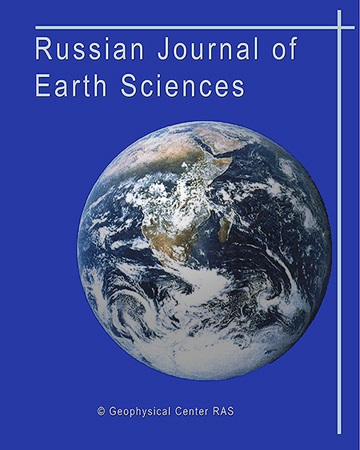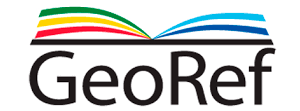The paper deals with the possibility of obtaining innovative scientific information based on computer processing of data for a well-known area, the active segment of the S a o Paulo Fracture Zone FZ, Central Atlantic, by means of digitizing a bathymetric map and an isopach map of sedimentary cover and supplementing the resultant mathematical models with satellite altimetry data. Our in-depth interpretation of the data resulted in the detection of structural heterogeneities in the rift zones and active segments of the fracture zones, of a tract of sedimentary cover that shows evidence of several deformation phases, and of previously unreported volcanic edifices. In addition, a system of NW-SE trending strike-slip faults was established. The study shows that converting information from paper carriers to a digital format and combining the results with Internet resources and deep sea sampling data creates an entirely new dataset amenable to state-of-the-art processing techniques eventually leading to unexpected corollaries.
Transform faults, computer technology, Atlantic Ocean.
1. Agapova, Oceanology, v. 34, no. 1, 1994.
2. CNSS..., CNSS Earthquake Composite Catalog, June 1997, 1997.
3. Gorini, Serie Projecto, no. 9, 1981.
4. Harvard..., Harvard University Centroid-Moment Tensor Catalog, December 1997, 1997.
5. Sandwell, J. Geophys. Res., v. 102, 1997., doi:https://doi.org/10.1029/96JB03223
6. Smith, Science, v. 277, no. 5334, 1997.
7. Schilling, J. Geophys. Res., v. 100, no. B7, 1995.
8. The Equatorial Segment of the Mid-Atlantic Ridge, appendix to the monograph The Equatorial Segment of the Mid-Atlantic Ridge, 1997.














